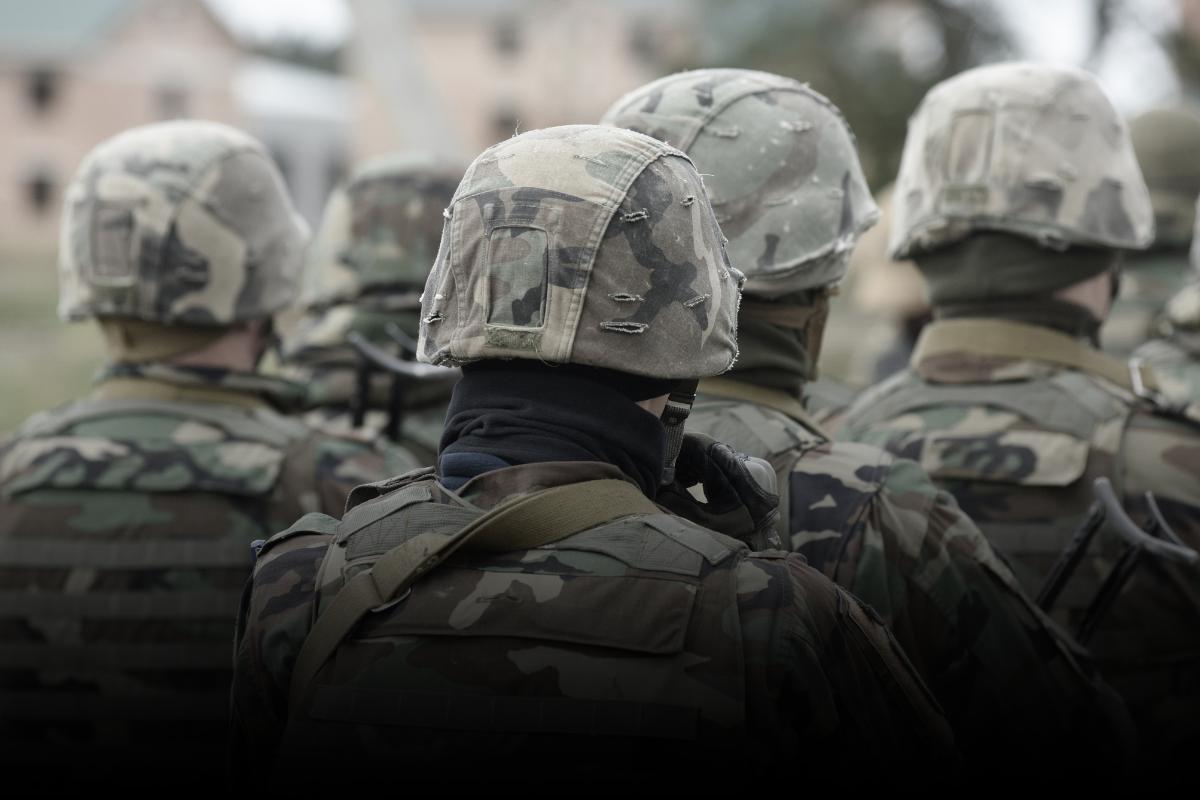Divorce is challenging for any family, but when one or both spouses serve in the military, the process becomes more complex. Military deployment often affects divorce timelines in North Carolina, adding delays and complications that civilian families rarely face.
Service members and their spouses must navigate both state divorce laws and federal protections, such as the Servicemembers Civil Relief Act (SCRA). These rules are designed to protect deployed service members from unfair legal outcomes, but they can also extend the divorce process.
How does this affect separation in North Carolina? In this article, we explain how deployment affects divorce timelines, what legal protections exist, and the steps military families can take to move forward.
Need divorce assistance during deployment? Call Martine Law.
How Does It Work Legally in North Carolina?
Residency Rules for Military Families
To file for divorce in North Carolina, one spouse must have lived in the state for at least six months before filing. For military families, being stationed in North Carolina can establish residency, even if the service member’s official home state is elsewhere. Spouses should confirm their residency status before filing to avoid jurisdiction issues.
One-Year Separation Requirement
North Carolina requires spouses to live “separate and apart” for one full year before filing for divorce. Deployment can complicate this timeline. For example:
- If one spouse is deployed overseas but the parties have not formally separated, the clock may not start until they establish separate residences.
- If the couple was already separated, deployment does not stop the separation period from counting toward the one-year requirement.
The Servicemembers Civil Relief Act (SCRA)
The SCRA provides active-duty service members with protection from certain legal proceedings when military duties prevent them from fully participating. In divorce cases, this means:
- A deployed service member may request a stay (pause) of divorce proceedings.
- Courts often grant an initial 90-day stay, with the option for further extensions if service duties still interfere.
- The goal is to prevent a spouse from being divorced without the ability to respond or participate in their case.
Filing Procedures During Deployment
Deployment can make it difficult to exchange documents, attend hearings, or communicate with attorneys. While many North Carolina courts allow for virtual hearings and remote filings, service members may still face obstacles if stationed in areas with limited connectivity or time zone differences.
What Should You Do If…?
A Spouse Is Served Divorce Papers While Deployed
If you are served divorce papers during deployment:
- Notify your commanding officer and legal assistance office immediately.
- Invoke your rights under the SCRA to request a stay, ensuring you have enough time to respond.
- Consult with a North Carolina family law attorney who has experience in military divorces.
Both Parties Agree to Divorce but Deployment Creates Challenges
Even in uncontested divorces, deployment can slow progress. Strategies to minimize delays include:
- Using secure remote communication to review documents.
- Submitting evidence electronically when allowed by the court.
- Requesting virtual hearings to avoid waiting until redeployment.
Custody and Parenting Arrangements Change Due to Deployment
If children are involved, deployment or a Permanent Change of Station (PCS) order may require custody adjustments. North Carolina courts prioritize the child’s best interests, which may include:
- Temporary custody modifications.
- Granting virtual visitation (video calls, messaging apps).
- Adjusting visitation schedules once deployment ends.
Going through tough custody disputes? We can help! Contact us today.
Common Penalties or Outcomes
Delays in Divorce Timeline
SCRA stays and deployment-related challenges can add weeks or months to the divorce timeline. In some cases, divorces remain on hold until the service member returns from duty.
Property Division and Military Benefits
Deployment may delay negotiations over property division, spousal support, or division of military benefits such as retirement pay. This can postpone finalizing the divorce decree.
Custody and Parenting
Courts must consider how deployment affects custody and visitation. Solutions may include granting the non-deployed spouse primary custody temporarily, setting up electronic parenting time, and ensuring a smooth transition when the deployed parent returns.
Key Takeaways
- Deployment can significantly extend divorce timelines in North Carolina, but protections exist so no spouse is penalized for their service.
- Military families must understand both North Carolina’s one-year separation rule and federal protections under the SCRA.
- Early legal planning is essential to minimize delays, protect rights, and balance family needs with military obligations.
- Working with a lawyer experienced in North Carolina military divorce cases can help you navigate state and federal laws effectively.
Do You Need a Lawyer?
Yes. Military divorces are uniquely complex. A North Carolina family law attorney who understands both military and civilian rules can protect your rights, streamline filings, and help you avoid unnecessary delays.
At Martine Law, we support service members and spouses facing deployment-related divorce challenges. Call us or contact us online to schedule a confidential consultation.
FAQs
How does deployment trigger a stay under the Servicemembers Civil Relief Act in NC?
A deployed service member can request a stay if military duties prevent participation. Courts generally grant a 90-day stay, with possible extensions.
How does NC’s one-year separation rule interact with active-duty deployment?
Deployment does not automatically count as separation. The one-year separation period starts only when spouses establish separate residences with intent to remain apart.
How can deployment affect child custody and parenting time determinations in NC?
Courts may grant temporary custody to the non-deployed parent and allow virtual visitation. The arrangement can be adjusted once deployment ends.
What evidence will NC courts accept to prove a deployment-caused delay?
Official deployment orders, statements from commanding officers, and documentation of service obligations can support a request for a delay.
How should I prepare a filing strategy if my spouse has PCS orders?
Work with a lawyer to plan ahead. Courts may consider PCS orders when deciding jurisdiction, custody arrangements, and timelines.



